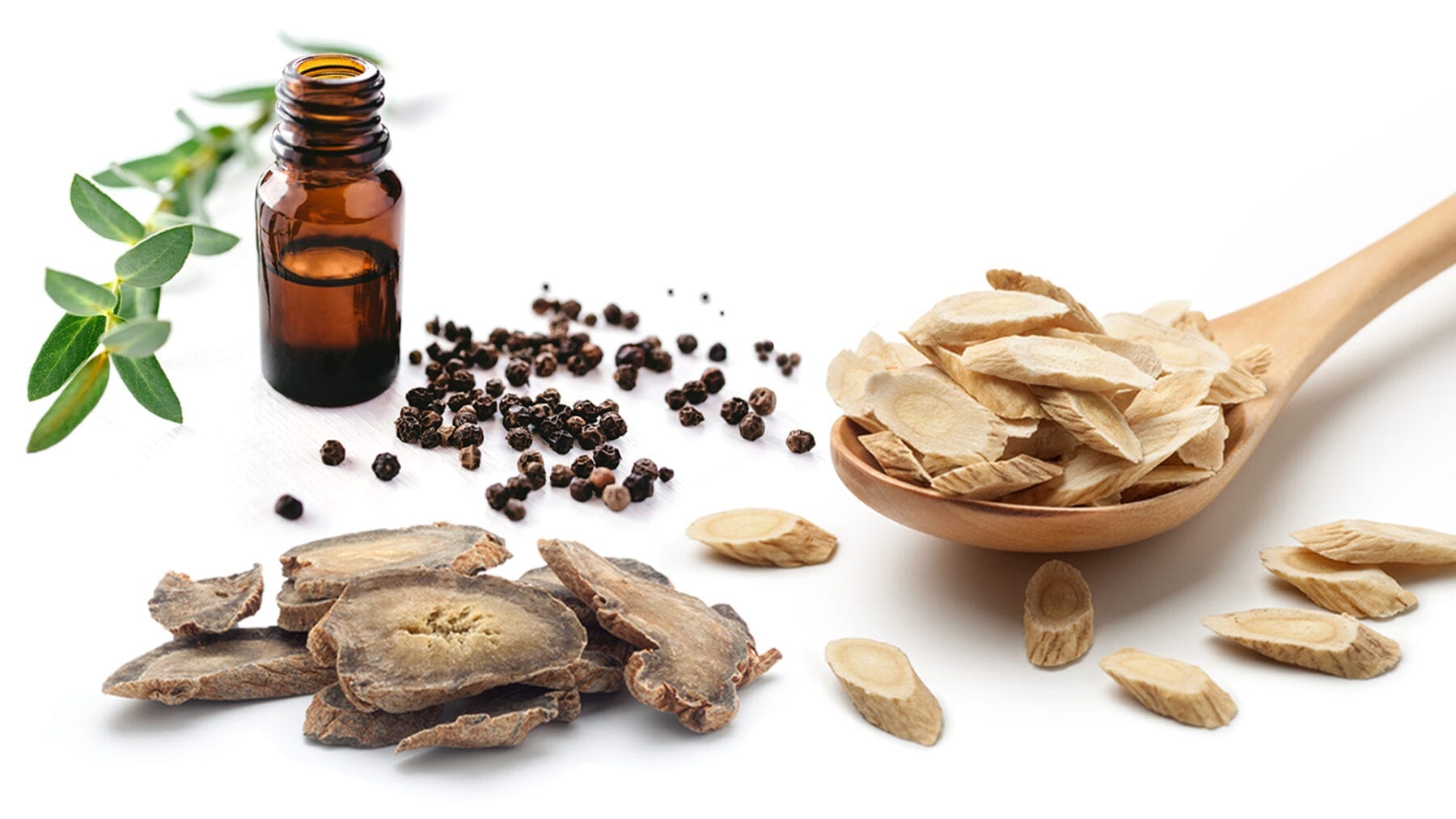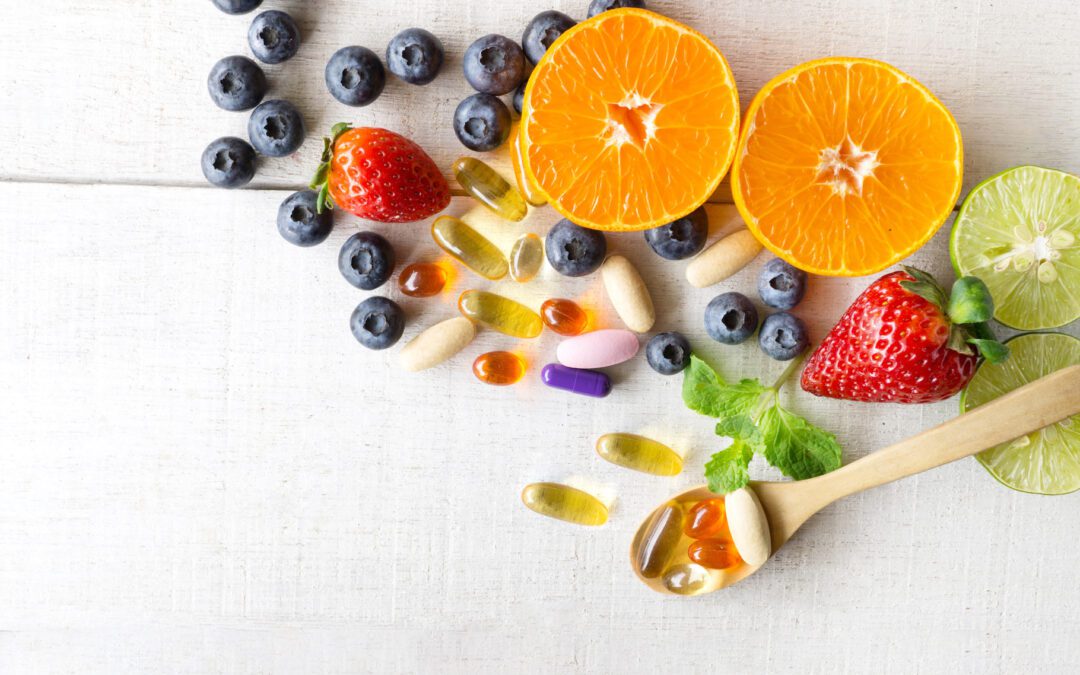
Healthy Snacks to Eat Before Bed

Written by Dr. Callista Chinenye Emecheta
Medical Doctor (MD))
May 4, 2021
CATEGORIES
View All
BioWOW Foods® Safety/Quality
Full-Body Workouts
Healthy Eating
Joint Health
Self-Care Strategies
Supplements Guide
Featured Videos
Just as certain foods make it difficult for us to fall asleep or get maximum relaxation from it, there are also some foods and snacks that may help promote sleep. While making dietary adjustments may not automatically cure insomnia, they certainly have a lot of benefits for improved sleep. Let’s review some of them.
1.) Kiwi
Popularly associated with New Zealand, this small, oval-shaped fruit contains a good number of vitamins and minerals (especially Vitamins C and E). According to research findings, consuming kiwi can improve the quality of sleep, especially if taken before bedtime. This may have to do with its antioxidant properties, and the ability to improve folate levels, as well as high levels of serotonin.
2.) Tart Cherry Juice
Otherwise called sour cherries, tart cherries are a rich source of melatonin; the hormone that regulates our sleep. They can be used to improve sleep, and studies are currently underway regarding their possible use in the management of insomnia. In addition, they are rich in antioxidants, such as flavonols and anthocyanins, which are sleep-conducive, as well as potassium, magnesium, and phosphorus. Try a glass of tart cherry juice about two hours before bed to enjoy these benefits.
3.) Fatty Fish
The benefits of fatty fish in cardiovascular health are well documented. This is not the only benefit they offer, however. Fatty fish such as salmon, mackerel, tuna, sardine, and more are excellent sources of Vitamin D as well as Omega 3 Fatty Acids (eicosatetraenoic acid and docosahexaenoic acid).
Aside from their antioxidant, anti-inflammatory, and cardio-protective benefits, Omega 3 Fatty Acids alongside Vitamin D together improve sleep quality. This is believed to be a result of their ability to enhance serotonin production which is the chemical precursor of melatonin the sleep hormone.
4.) Nuts
Nuts such as walnuts, cashews, and pistachios are good sources of melatonin, although the quantity may vary from nut to nut. This is in addition to essential minerals, such as zinc and magnesium, that are involved in many chemical processes that take place in the body. Some nuts, especially walnuts, are also good sources of Omega 3 Fatty Acids, which can enhance sleep.
5.) White Rice
White rice may be beneficial in getting you to sleep faster and for longer periods. White rice is rice that has been stripped of much of its fiber, along with some nutrients. However, this means that there is less worry about bloating and gas from high fiber content, while still remaining a good source of folate, thiamine, and manganese. In particular, the lack of fiber makes it a high glycemic index food which is thought to improve sleep. It is important to note that not all high glycemic index foods promote sleep. Sugary beverages and sodas have been noted to adversely affect sleep.
The Bottom Line
Generally, low fiber carbohydrates taken in small quantities together with tryptophan-rich proteins (such as turkey, skinless chicken, and fish) a few hours before bed can help you fall asleep faster.
Our diets are just one of the many factors that affect the quality of our sleep. Although some foods have been noted to improve sleep compared to others, it is still recommended that we maintain a consistent and balanced diet, comprising adequate quantities of fruits and vegetables for overall health promotion.
References:
1.) https://www.ncbi.nlm.nih.gov/pubmed/29470689
2.) https://pubmed.ncbi.nlm.nih.gov/27633109/
3.) https://www.ncbi.nlm.nih.gov/pmc/articles/PMC4440346/
4.) https://www.ncbi.nlm.nih.gov/pmc/articles/PMC5187531/
5.) https://pubmed.ncbi.nlm.nih.gov/24812543/
6.) https://www.ncbi.nlm.nih.gov/pmc/articles/PMC5015038/
7.) https://www.ncbi.nlm.nih.gov/pmc/articles/PMC4008810/
8.) https://pubmed.ncbi.nlm.nih.gov/29681250/

Written by Dr. Mudassar Javed
Medical Officer (MBBS)














